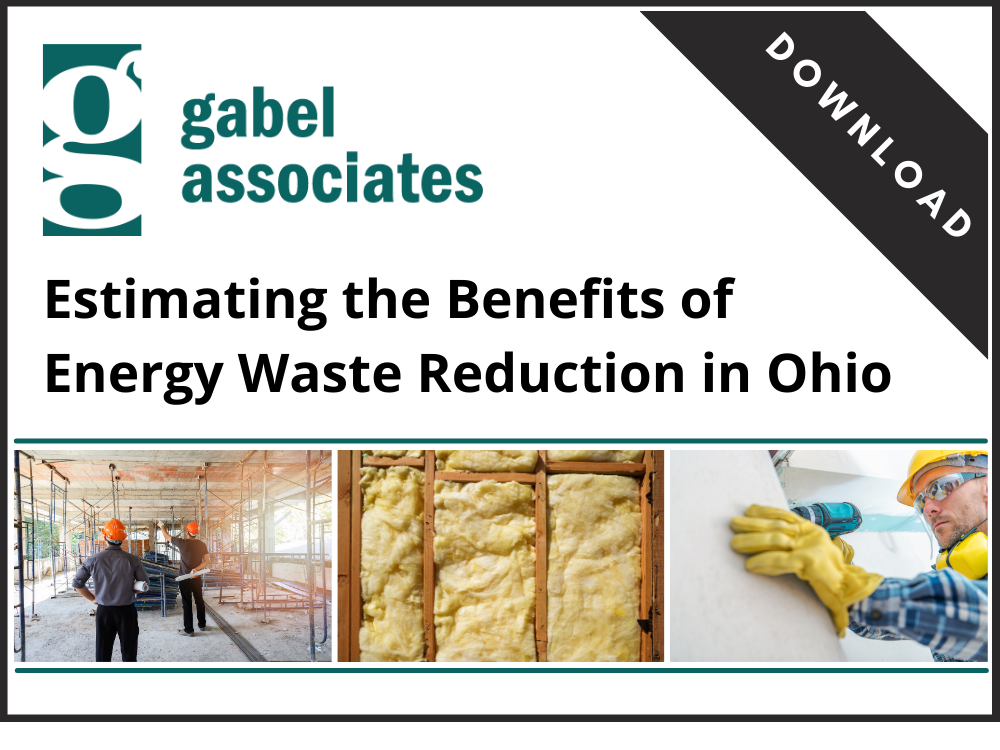
Waste management is one of the main issues for the future. Indeed, for all Ohio households, we thus arrive at 6 million tonnes of waste produced each year.
And waste production is growing in the USA by around 1% per year. In 2014 in the State of Ohio, the weight of waste per inhabitant was 590 kg. 45% of waste is recyclable (glass, paper, packaging) without all being taken into account by selective collection, 20% of waste is putrescible (garden, kitchen), and 35% of various non-recyclable waste. But while 43% of waste is incinerated, only 13% is recycled.
Solutions must now be put in place for the recycling, reuse or recovery of this waste, including dumpster rental. The management of this sector corresponds to the sorting of waste, its collection, transport, and the treatment and storage of waste.
The principle of the 3 Rs – Reduce, Reuse, Recycle – makes it possible to reduce the production of household waste requiring collective treatment, to reuse waste such as the deposit of plastic bottles, as well as the recycling of waste through the transformation of materials , composting, energy transformation via thermal power stations.
What impact in Ohio
How to set up a waste management channel?
The Environmental Code lays down four main principles for better waste management based on the prevention, recycling, incineration, storage and recovery of organic waste:
The “best” waste is that which has not been produced: In fact, reducing packaging and waste quantitatively at the source of production, as well as qualitatively, their harmfulness, can be done in particular by acting on the production and on the product distribution.
In this regard, we can advance the campaign launched in by the Environment and Energy Management Agency, around waste reduction; “Let’s quickly reduce our waste, it’s overflowing. “.
Waste prevention is carried out at the level of producers, by negotiating with manufacturers and Columbus dumpster rentals, but also with consumers, through awareness campaigns. The right gestures? Choose products with the least amount of packaging, use reusable bags, locate the eco-label, barter or sell second-hand …
Promote the principle of proximity to limit distance transport. Indeed, the establishment of a decentralized waste management system is now necessary for a more specific treatment of waste depending on the nature of the latter. Limiting the transport of large volumes of waste is also essential.
Optimize the selective collection of waste by the principle of waste recovery, by renting dumpsters, by recycling reusable materials: Pre-sort waste in order to direct it to the appropriate destination: landfill (burying of non-recyclable waste), incinerator (technique of destruction of waste by fire), energy recovery (recovery of electrical energy produced by the combustion of waste), recycling center (made available by communities so that residents can bring their waste themselves, they are then directed depending on their type to a recovery or recycling channel or to an incinerator or a landfill center), recycling channel (since 1992, a large majority of communities in Ohio have set up selective collection of household packaging.
It generally concerns plastic bottles, cardboard packaging, food cartons, metal packaging, magazines ines and glass), composting of organic waste.
Raise awareness among Columbus residents, elected officials and local communities about the effects of waste on the environment and public health. By directing consumers towards more environmentally friendly behavior, preventive public policies would make it possible to concretely reduce the volume of waste: the purchase of environmentally friendly products, the composting of waste, the use of packaging consignments, the purchase of rechargeable batteries, the use of reusable packaging, are daily actions and must become automatic.
How to set up a waste management channel
Starting a waste management awareness campaign can be done at the level of your municipality or community of municipalities in Ohio in order to improve the quality of life of residents and preserve the environment.
To do this, organize a debate evening, educate children through workshops at school (because children remain the engine of change), mobilize the local press and residents around the issue of waste management by municipalities.
Incineration and storage facilities, which have become more environmentally friendly, have thus seen strong development:
- selective collection equipment by voluntary contribution or door to door,
- sorting centers for recyclable materials,
- recycling centers,
- green waste composting platforms,
- individual composting.
A specific selective collection is set up for drugs (by an eco-organization, in charge of their collection and secure destruction), for cells and batteries (another eco-organization: www) or even caps (Columbus associations).
